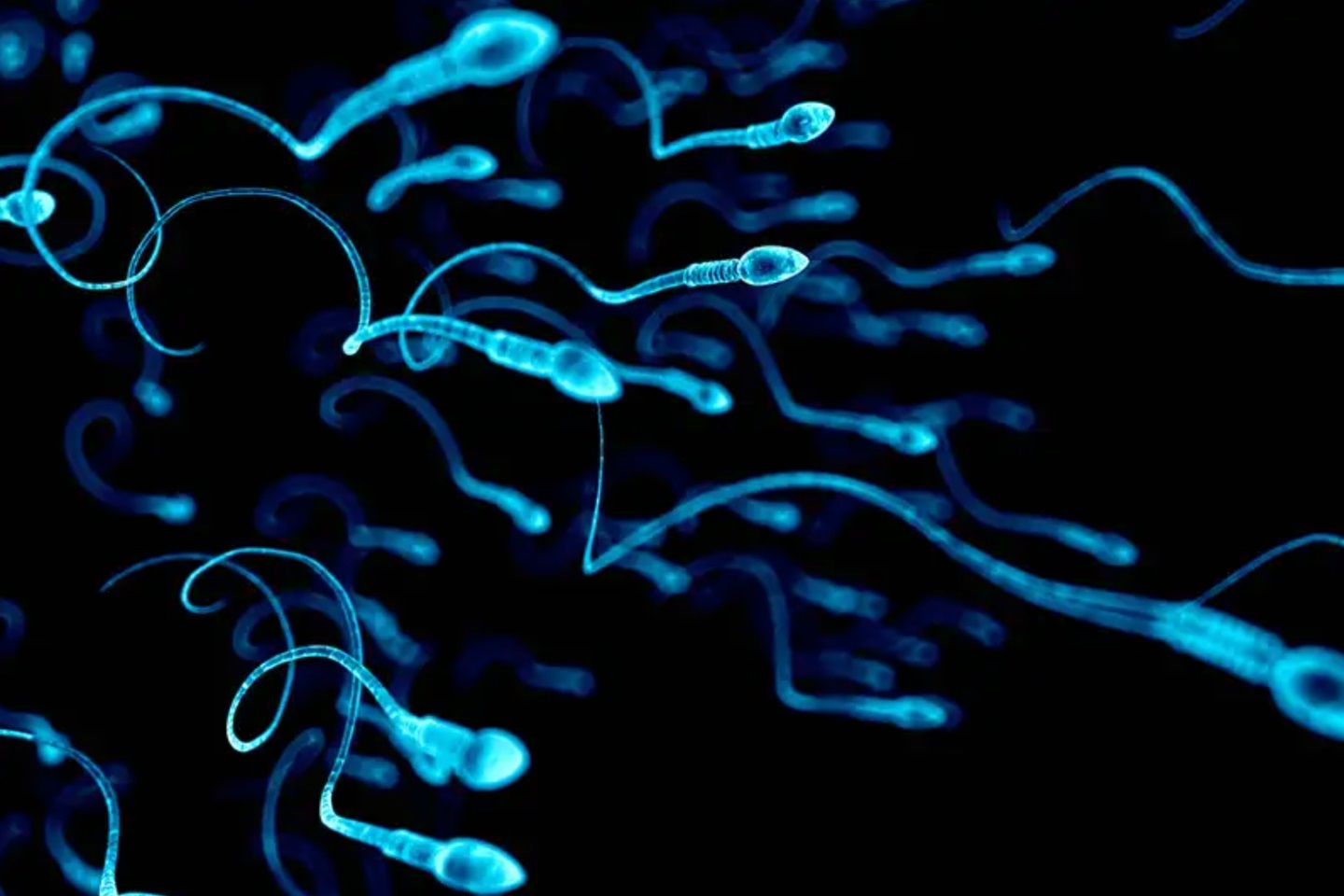Australian-based biotechnology venture Memphasys Limited has sold off more units of its sperm separation system known as “Felix” to two of its current customers, Diagens Biotechnology Company in China and the Indian Women’s Centre in Coimbatore, India. According to the company, receiving repeat orders from patrons within its existing consumer base validates its business model and confirms its products efficiency across both research and clinical platforms.
Buoyed by the transaction Memphasys says it will now escalate its commercial initiatives and will step up its chase for an executive sales manager to extend its recent run of form.
Felix uses proprietary size exclusion membranes and an electrical separation technique known as "electrophoresis" to isolate the most viable sperm cells for human artificial insemination.
The device essentially "cleans up" sperm during IVF, allowing only the highest-quality specimens to be harvested. With Felix, Memphasys hopes to create the first automated, non-DNA damaging sperm separation lab instrument and is keen to position Felix as the "gold standard" method for preparing sperm samples in human IVF clinics.
The company initially announced it had sold some of its products to the Indian Women's Centre IVF clinic late last year, earmarking the transaction as a world-first sale of its Felix system for clinical use.
Memphasys says the repeat order is significant as the clinic has reported that the Felix system produces excellent quality embryos that are noticeably better than those produced by traditional methods.
Diagens' follow-up order marks its second purchase for a key research customer in China. Diagens arranged the first sale in November last year.
The company manufactures, produces and dispenses IVF-focused products to its network of over 500 assisted reproduction centres and over 300 prenatal diagnosis centres throughout China.
A repeat sale from Diagens is crucial from a strategic standpoint for Memphasys given the company is aware of the current in vitro test results, that confirm the system's ability to treat a wide range of sperm samples.
Management at Memphasys says Diagens is now confident that the test results will enable it to sell more of the Felix system to a host of new research and reproduction institutes in China.
Diagens is also collaborating with Memphasys to fast-track the development of a "Green Channel" regulatory pathway for Felix to be sold across the wider Chinese market.
The sale of more of its Felix system to two of its existing customers bodes well for the company’s ongoing prospects and validates its use across both research and clinical settings.
Is your ASX-listed company doing something interesting? Contact: matt.birney@businessnews.com.au














